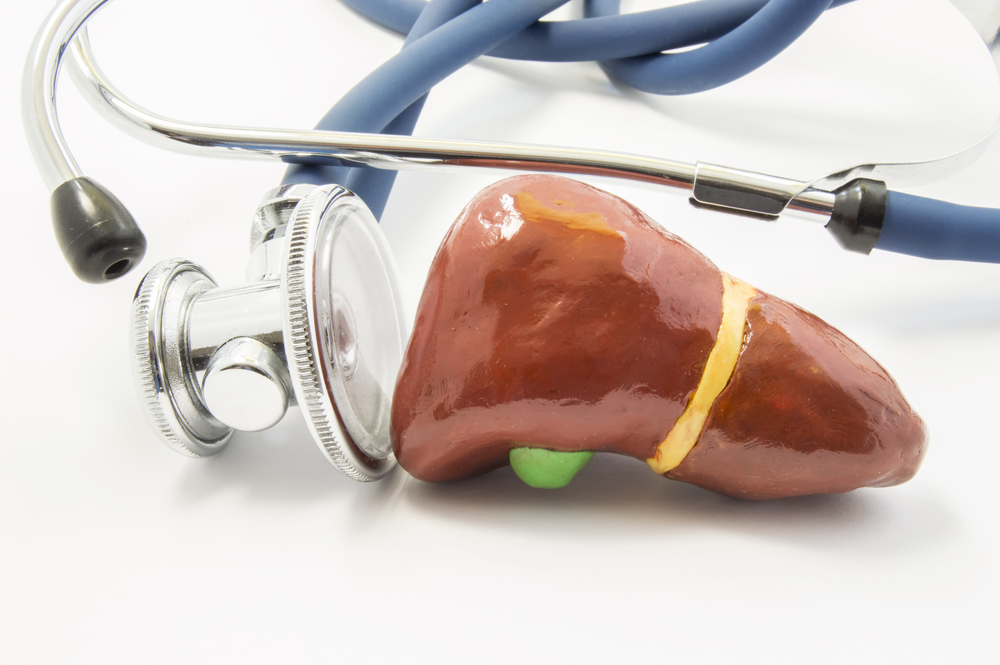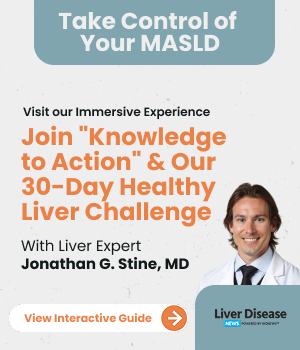Cirrhosis Patients at Much Lower Risk of Liver Cancer Than Previously Thought

Patients with cirrhosis (liver damage) may be at a much lower risk of liver cancer than originally assumed, according to results of a recent study with U.K. patients, published in the journal Alimentary Pharmacology & Therapeutics.
The study, titled “Risk Of Hepatocellular Carcinoma Among Individuals With Different Aetiologies Of Cirrhosis: A Population-Based Cohort Study,” shows that the cumulative 10-year incidence of liver cancer estimated for people with cirrhosis was only 4 percent or less.
Previous studies have shown that cirrhosis caused by excessive alcohol consumption barely leads to liver cancer, but that other causes of cirrhosis, namely viral hepatitis, may carry a greater risk.
“However, there is no study to date that has been able to accurately estimate the rate of [liver cancer] in patients with cirrhosis of varying [causes] drawn from the same underlying population,” the researchers wrote.
The team at The University of Nottingham analyzed medical record data of 3,107 people with cirrhosis and assessed the cumulative incidence of liver cancer for each different cause of cirrhosis.
Results showed that patients with cirrhosis due to viral and autoimmune/metabolic origin had a cancer risk two to three times higher than those with alcohol-related cirrhosis.
Consistently, the 10-year predicted cumulative incidence of liver cancer varied according to the origin of cirrhosis. But it is noteworthy that the rates were always very low: 1.2 percent for alcohol, 4 percent for chronic viral hepatitis, 3.2 percent for autoimmune or metabolic disease, and 1.1 percent for uncertain causes.
“This very low incidence of HCC occurrence in people with cirrhosis caused by alcohol or of unknown origin suggests that surveillance for [liver cancer] among these groups is likely to benefit patients little,” Joe West, professor of epidemiology at the university’s School of Medicine, and the study’s first author, said in a news release.
“As surveillance incurs substantial cost, it is therefore unlikely to represent value for money for the NHS [National Health Service]. There may well be other ways of spending this money that would benefit patients far more,” he said.
According to the American Association for the Study of Liver Diseases (AASLD), surveillance should be offered to patients with cirrhosis who have a risk of liver cancer of 1.5 percent per year or above.
“Given that our study has found far lower risks of [liver cancer] than were [previously estimated], it seems highly likely that if [estimates] were repeated they would find that surveillance was not cost-effective,” the researchers wrote.
“Although there may be particular patients with combinations of risk factors where surveillance is warranted, our results imply that universal surveillance should not be undertaken on the basis of alcoholic [origin] or in [unknown cause] cirrhosis and is likely to be of debatable value in autoimmune and metabolic causes of cirrhosis,” they added.







